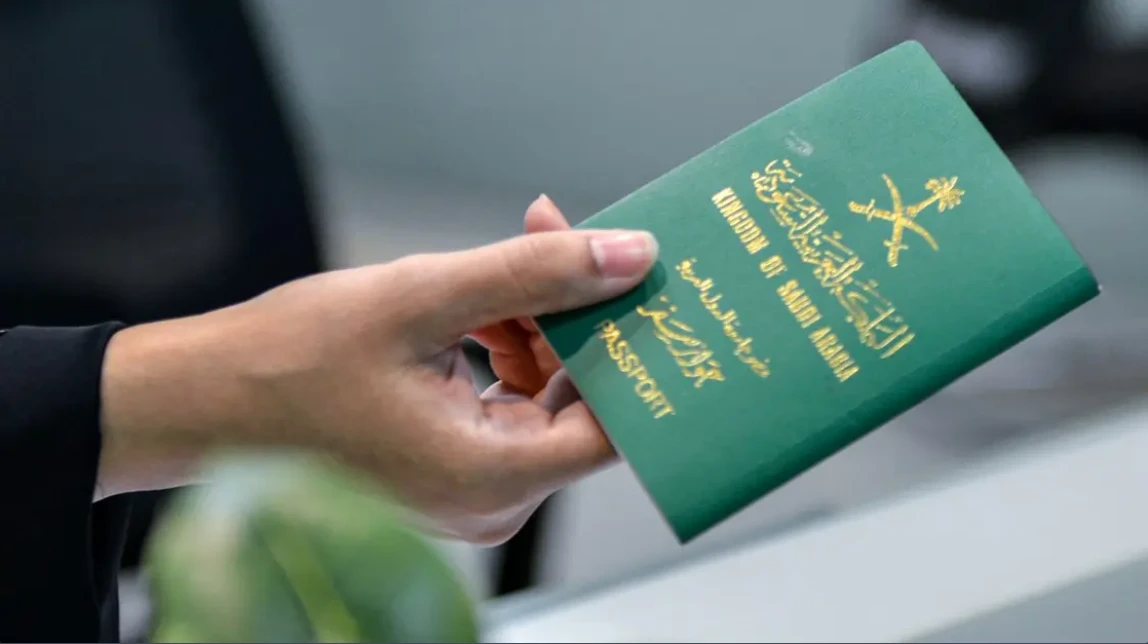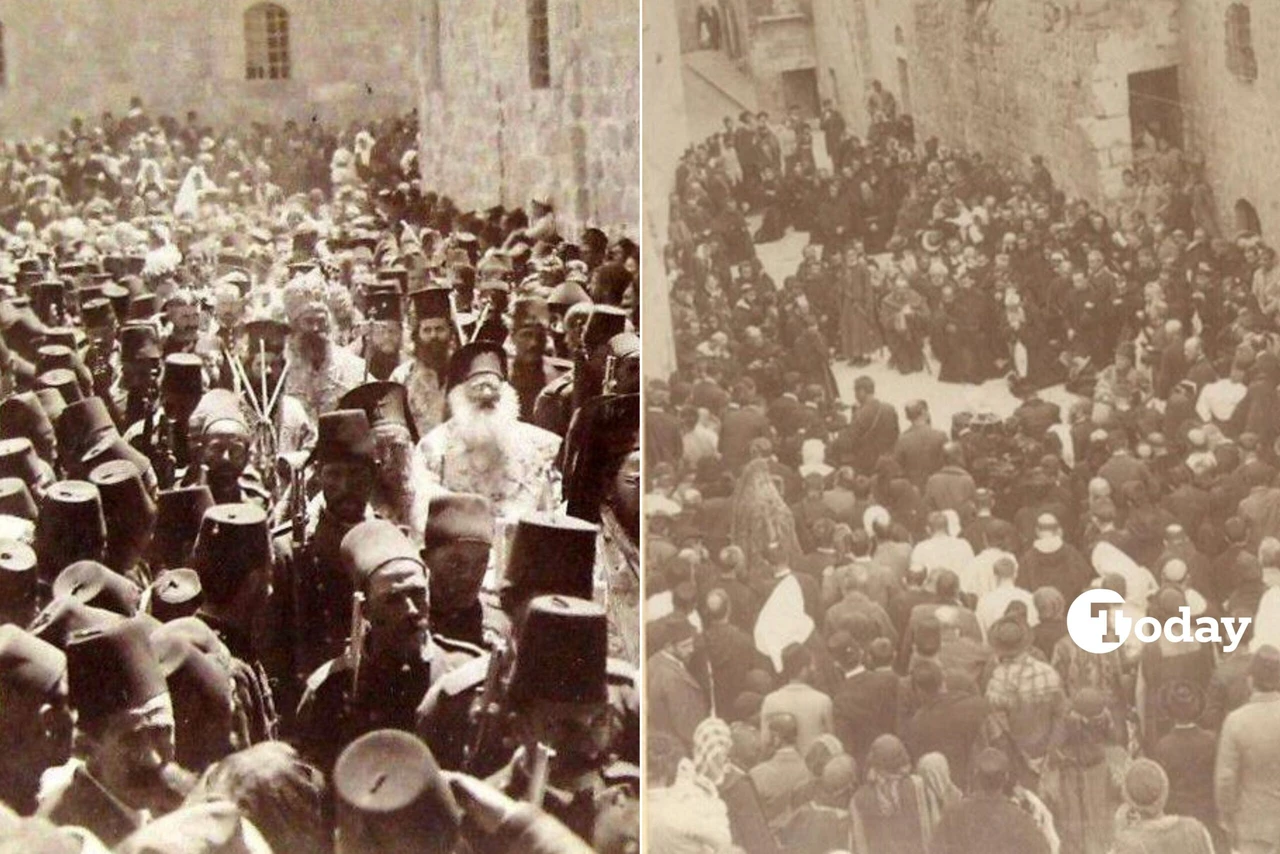Saudi Arabia misses seat on UN Human Rights Council
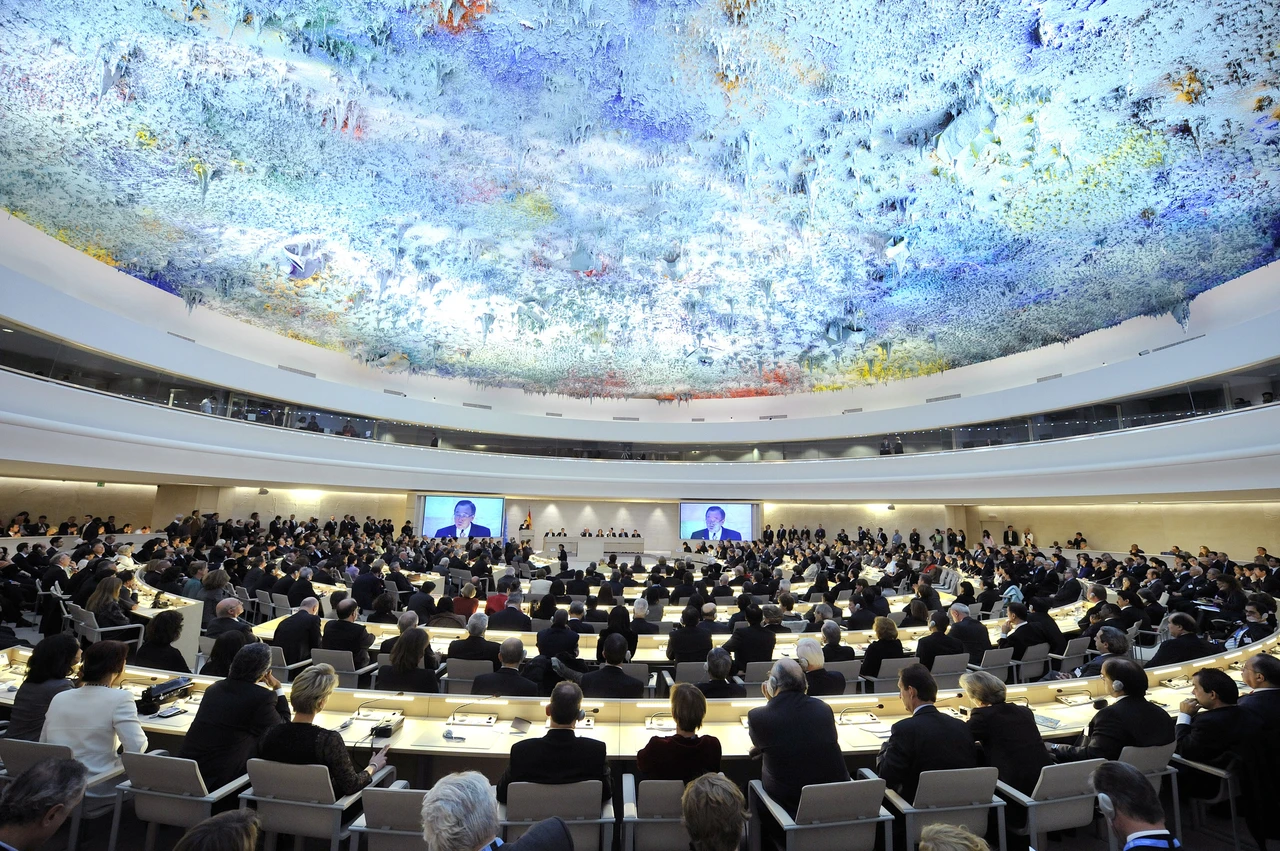 A view the room of Spain during the inauguration of the Spanish room at the United Nations in Geneva. (UN Photo/Jean-Marc Ferré)
A view the room of Spain during the inauguration of the Spanish room at the United Nations in Geneva. (UN Photo/Jean-Marc Ferré)
Saudi Arabia narrowly failed to secure a seat on the United Nations Human Rights Council during Wednesday’s elections, a setback to its ongoing efforts to improve its international reputation on human rights.
This marks the second time in four years that the kingdom has been denied a position on the 47-member body, following a similar rejection in 2020.
Competitive Asia-Pacific race sees Saudi Arabia fall short
Saudi Arabia was part of the highly competitive Asia-Pacific group, where six nations competed for five available seats on the council. In the final tally, the Marshall Islands secured the last spot with 124 votes, while Saudi Arabia fell just short with 117 votes. The U.N. General Assembly, consisting of 193 members, held a secret ballot in New York.
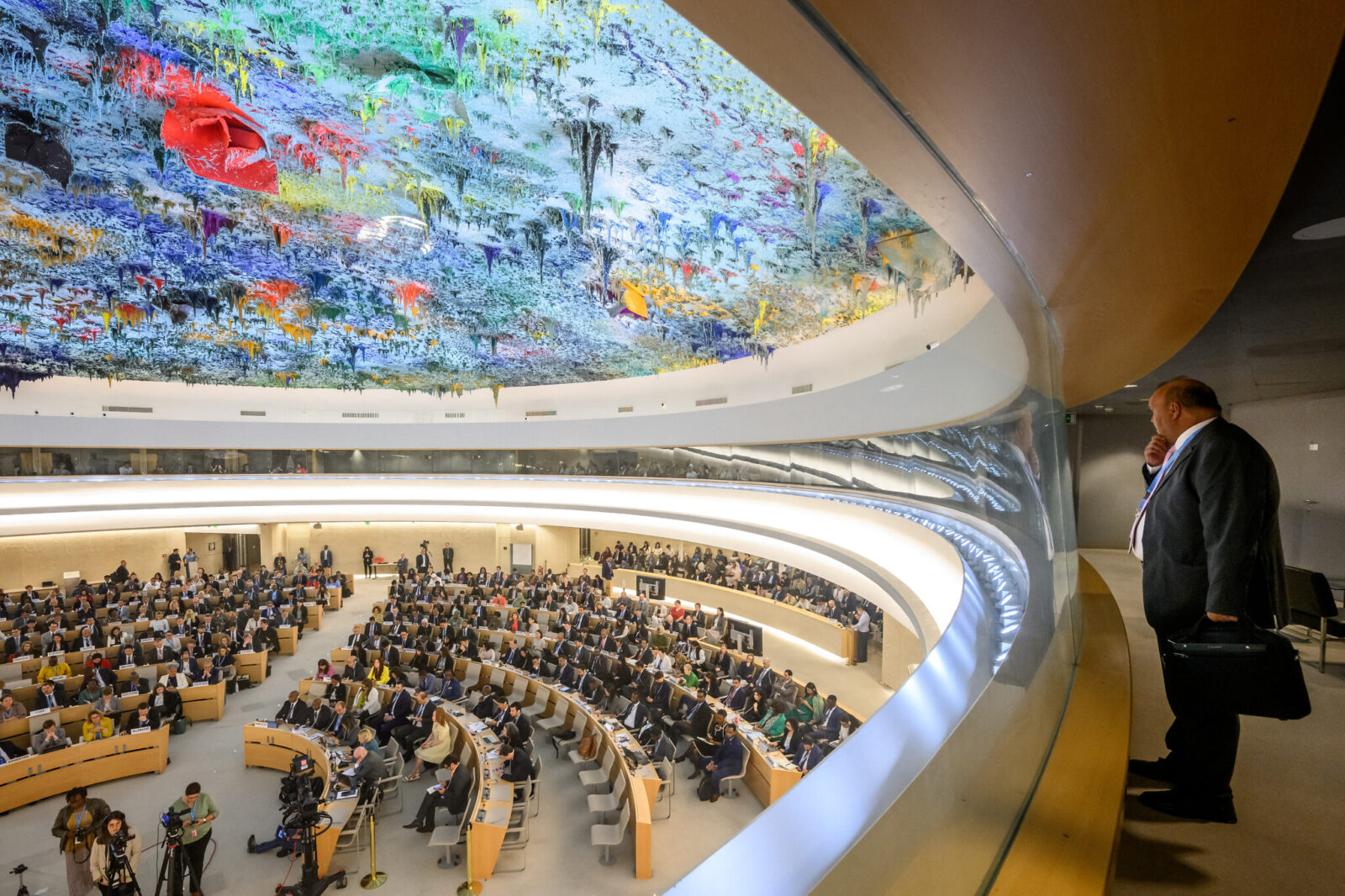
Vision 2030 and human rights scrutiny
Under Crown Prince Mohammed Bin Salman‘s Vision 2030, Saudi Arabia is seeking to reshape its global image by focusing on economic diversification, tourism, and entertainment. However, the country’s human rights record remains a significant point of international criticism.
Reprieve, a group advocating against the death penalty, reported that Saudi Arabia has executed 212 individuals so far in 2024, surpassing the record of 196 executions in 2022.
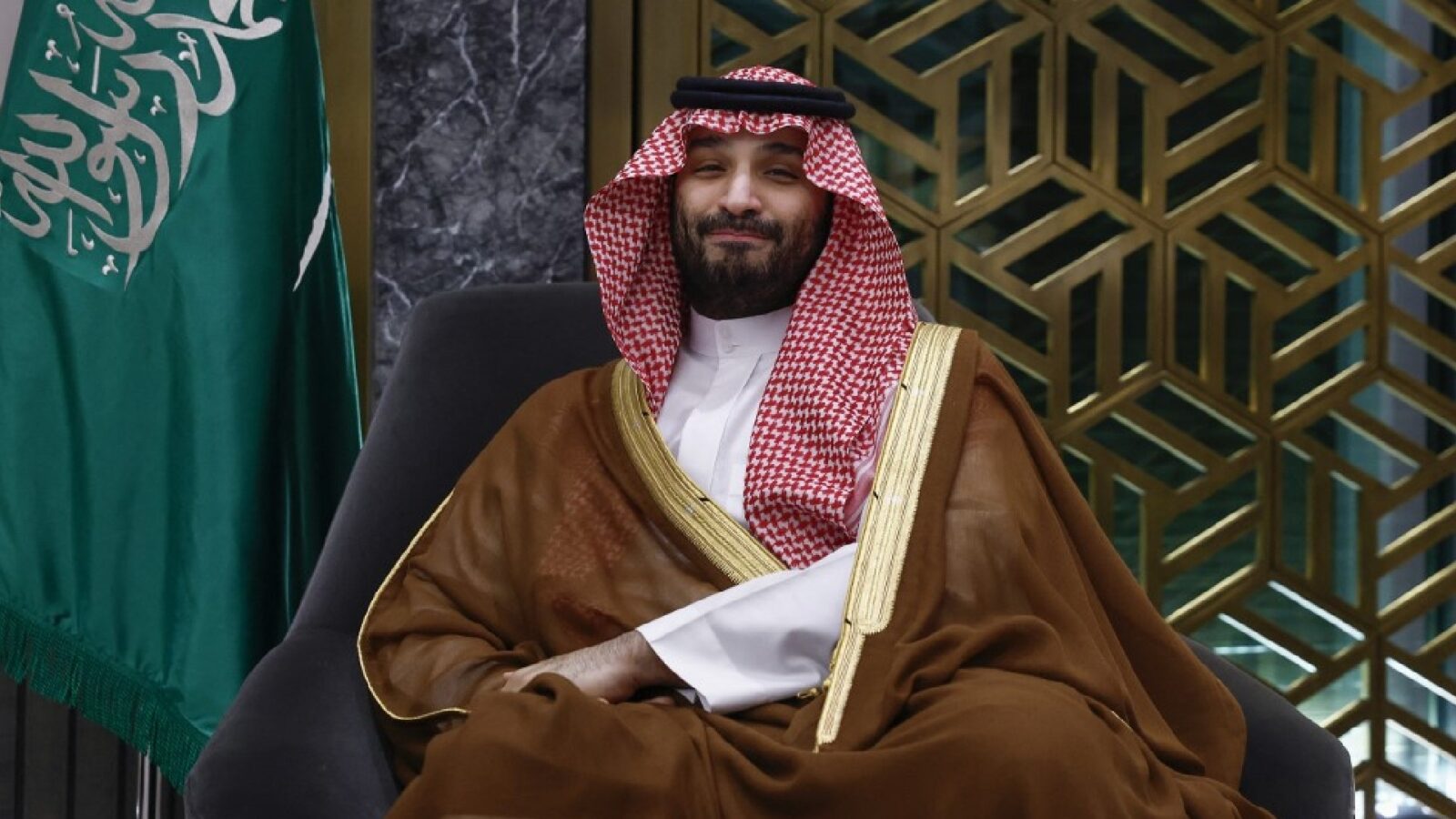
UN Human Rights Council’s role and Saudi Arabia’s influence
Although the Human Rights Council does not have legally binding powers, it holds influence through its scrutiny of global human rights issues and its ability to mandate investigations that may lead to war crimes prosecutions. Despite not holding a voting seat, Saudi Arabia has remained active in lobbying behind the scenes, playing a role in closing the council’s war crimes investigations in Yemen in 2021.
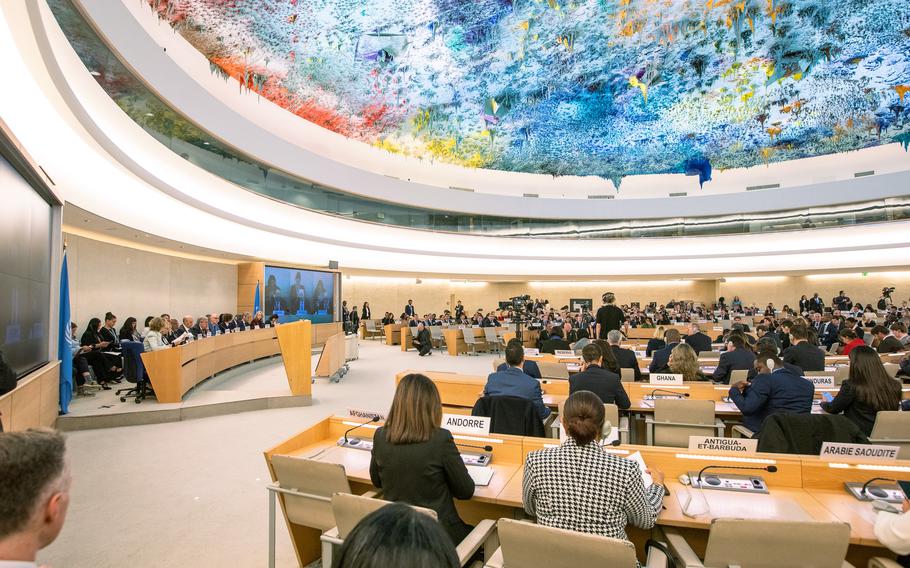
Next steps for Saudi Arabia and new council members
The newly elected members, including the Democratic Republic of Congo, Ethiopia, Kenya, and others, will begin their term on January 1, 2025. Council members are elected for three-year terms and cannot serve more than two consecutive terms.
Saudi Arabia’s media office did not immediately respond to requests for comment following the vote. Crown Prince Mohammed Bin Salman, commonly known as MBS, has previously expressed a desire to reform the kingdom’s use of the death penalty, though his tenure has seen increased international criticism for crackdowns on dissent and allegations surrounding the 2018 killing of journalist Jamal Khashoggi.
